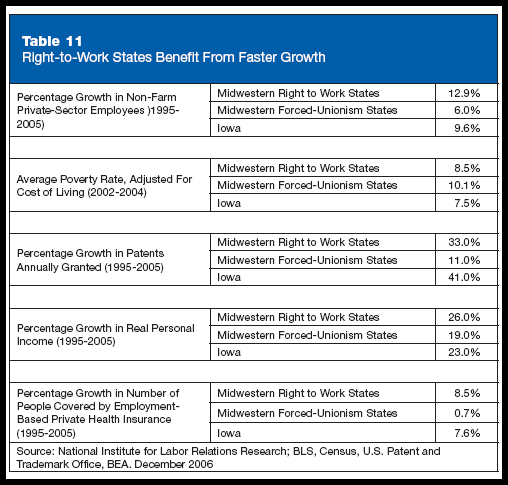Another Government Program that Misses the Point
Apparently, the state of Arizona, fearing the coming old-folks demographic boom, is looking to create programs to keep older Americans working longer (and by extension off the government teat longer).
The thought of millions of boomers taking their early-retirement
benefits is causing concern about the stability of Social Security and
Medicare."We know not everybody is going to up and retire all at once," Starns
said, "and we will have younger workers coming in. But if you look at
all the demographics, there just won't be enough people to fill all the
jobs that could be vacant."Add that possibility to existing shortages of workers in health-care
and other fields, she said, and "there could be some pretty significant
problems in society."Arizona, which launched its Mature Workforce Initiative in 2005 to
avert such a crisis, was one of five states lauded last month for
efforts to engage people 50 and older in meaningful jobs and community
service.The San Francisco-based Civic Ventures think tank also cited
California, Maryland, New York and Massachusetts, saying the five
states recognize older workers as "an experience dividend," rather than
a drain on resources.
Of course, since it is government, the state of Arizona is, with one hand, patting itself on the back for instituting vague and meaningless but well publicized programs nominally targeted at this issue, while with the other taking steps that have real and substantial effects in exactly the opposite direction.
First, Arizona has some of the toughest laws in the country to penalize businesses for hiring, even accidentally, young vigorous immigrants who don't have all their government licenses in order. Young workers are pouring into this state every day, but Arizona is turning them away and locking them up.
Second, Arizona has been legislating as fast as it can to make it nearly impossible to hire older workers. I know, because the vast majority of my work force managing campgrounds is over 65. These workers tend to work for a free camp site plus minimum wage. They like the job despite the low pay because they get a place to park their RV and because the job is part time and very flexible in how they work (not to mention offers the opportunity to take whole chunks of the year off). I like these workers because they are experienced and reliable and paying them minimum wage helps offset their slowing productivity and higher workers comp costs as they age.
Here is the math: Older workers might work 30-50% slower than a younger worker (I have workers right now in their nineties!) They also have higher workers comp costs, maybe equating to as much as 10% of wages. This means that an older worker at the old minimum wage of $5.15 an hour might be financially equivalent to a younger worker making $9.50 an hour, which is about what we might have to pay for such a worker.
However, many states have implemented higher minimum wages with annual cost of living escalators. States like Oregon and Washington now have minimum wages over $9.00. At $9.00 an hour, an older worker is now financially equivalent to a younger worker making $16.50 an hour, well above what I can hire such a person for. This means that as minimum wages rise, I have to consider substituting younger workers for older but slower workers.
Last year, Arizona adopted just such a minimum wage system with annual escalators. Though we have not reached the point yet, the state soon may make it impossible economically to hire older workers. Already, we are looking at some automation projects to reduce headcount in certain places. This is sad to me, but in a business where a 12% rise in wages wipes out my entire profit, I have to think about these steps. I have to react to the fact that, no matter how many "policy advisers on aging" the state hires, in reality it is increasing the price to my company of older people's labor vis a vis younger workers.


